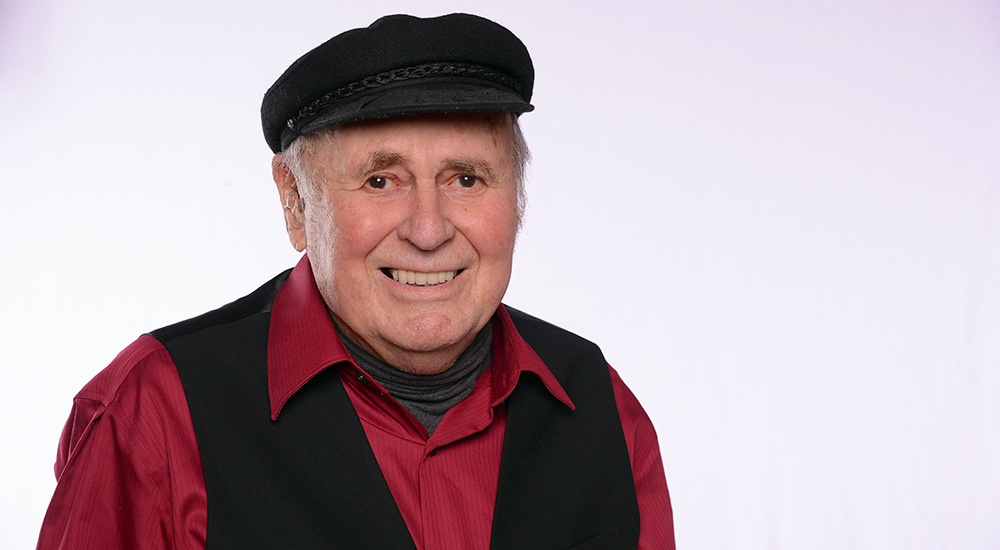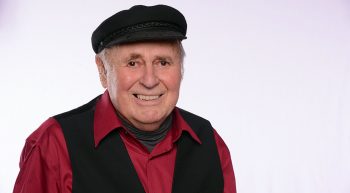Navy Veteran Charles served in World War II. Many years later, his eyesight began to fail and he came to the VISOR (Vision Impairment Services in Outpatient Rehabilitation) Center at VA for help. He credits VA with teaching him how to adapt to low vision so he could continue to live an independent life.
When did you serve?
I joined the Navy when I was 17. Went to boot camp at Great Lakes. I got in April of ’43 and went out in December of ’45.
When did you first come to VA?
The first time I used VA services was about ten years ago. My daughter, she knew I had poor vision, and she said, “Why don’t you go to the VISOR center?” She said VISOR is really good with people with low vision. I had macular degeneration and glaucoma so I couldn’t see very well.
And the doctors you see at VA, how are they?
I went down there and walked in and it was really a friendly place. When they checked my eyes, they did the best checking I’ve ever had. They spent more time with me. I mean I was in there three times longer than I ever was with an eye doctor before. They brought me over to a table and showed me some of their services.
One of the first things I got, they gave me this watch. I could push a button and hear the time. And my grandkids thought that was the best toy there was. I would recommend that anybody go to the VISOR Center because it really has helped me.
What are some of the things they did for you at the VISOR Center?
Anything that can make up for your vision is really good. Extra light, magnifying glasses, and then the little dots they gave me to put on the thermostats and on the dryer and the washing machine so I can tell where I’m at by feeling the dots. Little tools to help you work.
How is your quality of life now compared to before you started getting assistance at the VISOR Center?
I seem to be able to get around better and being able to read again really was a difference. They showed me some magnifying glasses that I use to read. I used to go to Barnes & Noble bookstore and sit there and read their magazines, so it was kind of a major thing, not being able to read.
With this equipment, I went back and I’m reading the magazines again. So it’s kind of an amazing situation where they can help you just rehabilitate yourself. When I turned sixty I thought, “I have got to do something to get myself in shape again,” so I started ballroom dancing.
I took a trip around South America one time and I danced in Argentina, the Argentine tango. You have to be able to see to do it, right?
Apply for VA health care
Enrolling for VA health care is easier than ever before. Explore your eligibility today at www.choose.va.gov/health.
Bronwyn Emmet is a public affairs specialist for VA’s National Veterans Outreach Office.
Topics in this story
More Stories
The Medical Foster Home program offers Veterans an alternative to nursing homes.
Watch the Under Secretary for Health and a panel of experts discuss VA Health Connect tele-emergency care.
The 2024 National Veteran Suicide Prevention Annual Report provides the foundation for VA’s suicide prevention programs and initiatives.







